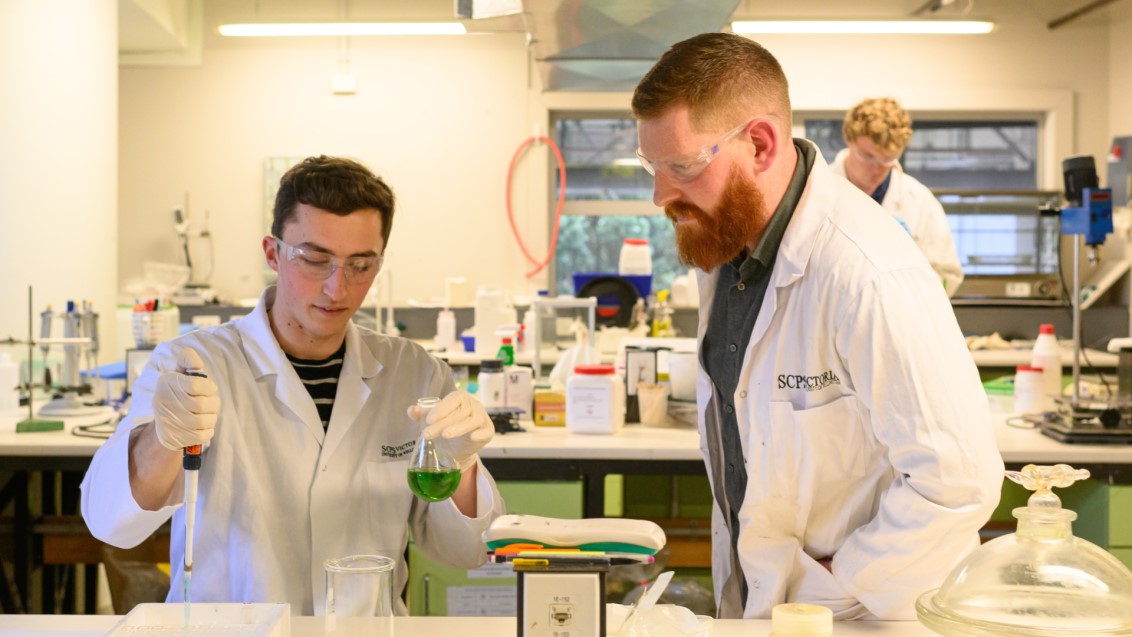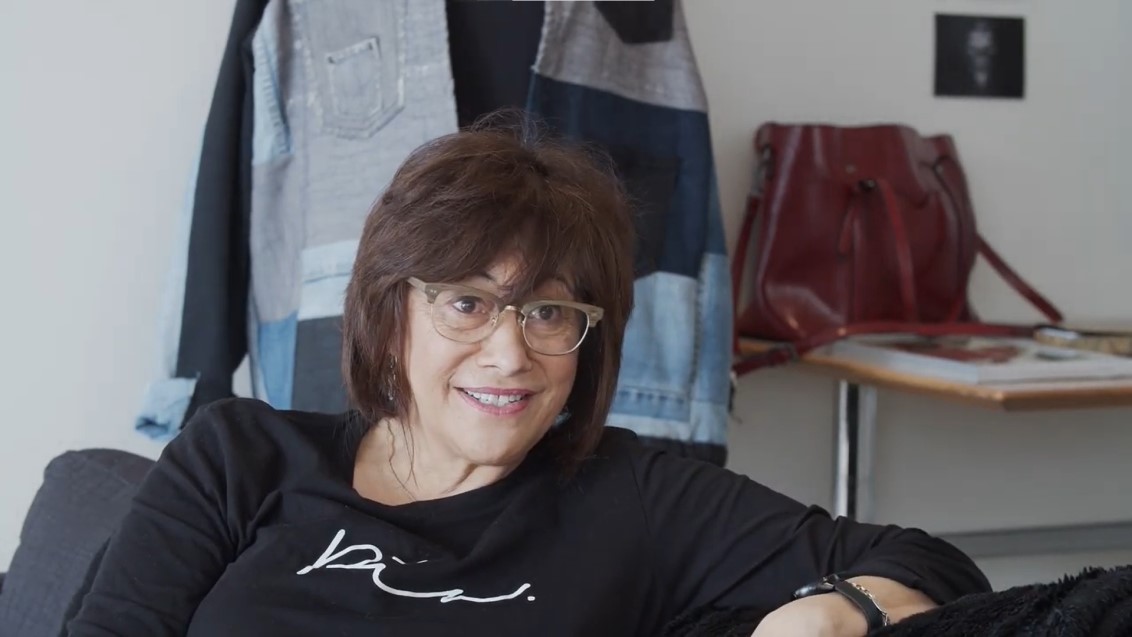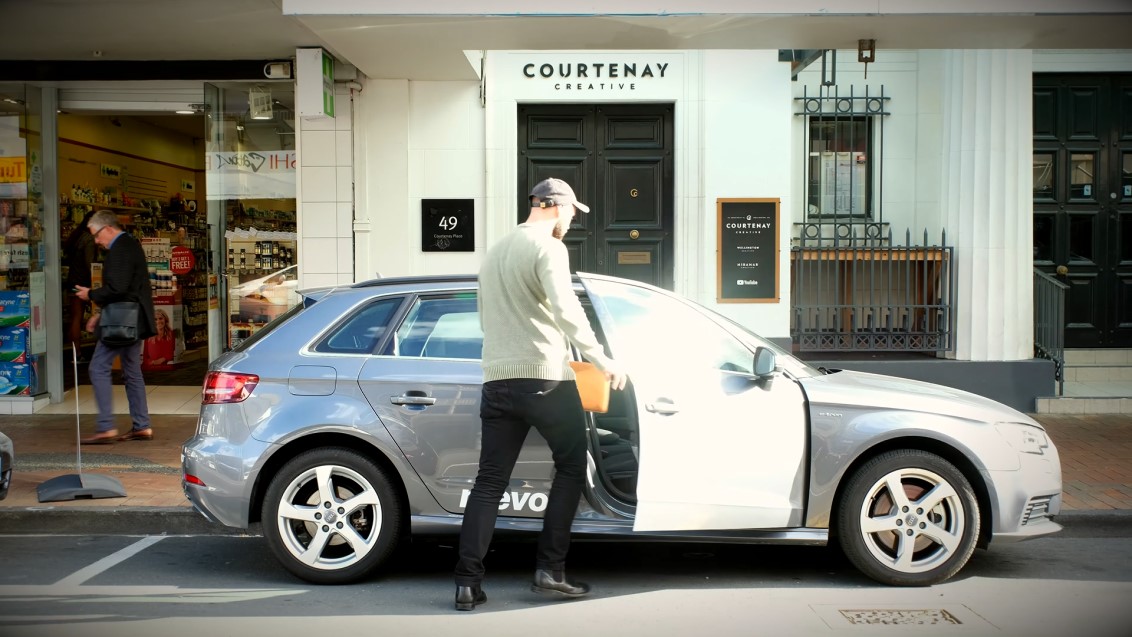Baker Gramercy
James Whyte used forward thinking to protect not only the Baker Gramercy brand, but future-proofed it. He did this by registering two types of trade marks, each for 4 classes, to help cover their future expansion.
In the very early morning Wellington Harbour sparkles with reflections from the lights of the city. The opening title says “Dream it. Do it. Own it.” Mood music plays.
In the suburb of Berhampore the only building with it’s lights on, is a small shop on Adelaide Road. We can see bakers moving in the back as we look through the window.
The narrator says “Hi. My name is James Whyte, owner and operator of Baker Gramercy.”
James is shown through the front door. The brand ‘Baker Gramercy’ can be seen printed on the front door. James is shown splitting off small balls of dough and weighting them , ready to be made into croissants.
“Gramercy means ‘great thanks’. Gramercy is also a suburb in New York city, where I completed a culinary course”
You see flour being spread over a table full of loaves of bread, waiting to be baked and glazing being brushed onto pastries.
“We created the brand then registered the trade mark. We registered our brand through an IP attorney.”
A tray of freshly cooked croissants are removed from an industrial oven. James lays out trays of baking on the shop counter.
“The trade mark is important to protect the value in our brand. Slow food from my point of view is allowing the natural fermentation and the ability of product to fully mature and develop. We’re about taking long cuts not short cuts.”
You see the counter person as she makes up a customer’s order with a croissant in a paper bag and completes an espresso coffee.
“People respect the hand crafted nature of what we do. “
You can see the bakery team, gathered at the counter sharing a conversation.
“We’re a bit obsessed with quality. The future of Gramercy involves sustainable growth, sticking to our core values.
James loads freshly cooked loaves of bread onto a display tray. The final titles are “Own your artisan baked idea” and then the Intellectual Property Office of New Zealand logo.
View more case studies

Resero specialise in classroom furniture that helps kids achieve more at school.

Based in the hills of Wellington, Paku honours mātauranga Māori in the creation of tools for children.

Eldon Tate knew he needed to protect his world leading antimicrobial technology before going to market.

Wai Mānuka. A locally-sourced, premium, non-alcoholic beverage dreamed up by 3 friends at a party.

Evithé Biotechnology tackles the inflammation process by applying the ways plants defend themselves.

Miromoda nurtures young Māori fashion designers into an edgy annual showcase at NZ Fashion Week. Trade mark protection helped them build their brand.

Gaining thir own trade mark, and licensing other brands’ software IP, this unique car rental company got moving faster than ever.

With their distinctive wallpapers and screen printing in high demand, find out how PaperHands protected their reputation with a registered trade mark.

An innovative building frame idea gained XFrame a registered design, and a lesson on the importance of timing for patent protection.

A newfound love for beekeeping sent Julian McCurdy on a mission to create new tech to monitor beehive health.

Kind is the new cool. A small Wellington based team make it easy to give one percent of your income to some smaller, cool, Kiwi-based charities.

Story telling using immersive virtual reality; creative design agency Wrestler is pushing the limits with the help of IP.
